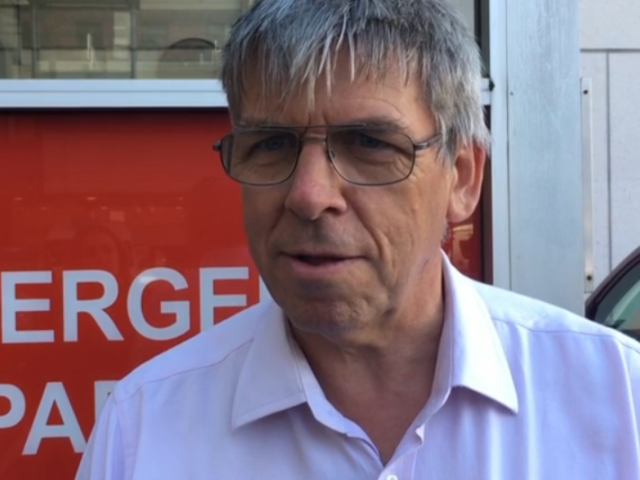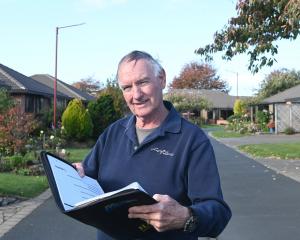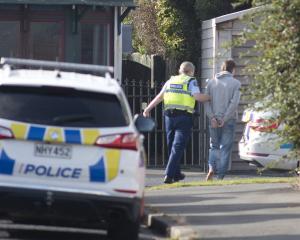
Just days before, following the Otago anniversary weekend holiday, the hospital issued a "code black" alert after it had more patients than available beds.
SDHB chief medical officer Nigel Millar said no similar issues happened over Easter, and there had been good engagement from a patient flow task force established earlier this year to investigate bed block issues.
While there had been few noticeable gains yet, potential problem areas had been identified and were being worked on, Dr Millar said.
SDHB director of nursing Jane Wilson said the task force had recently focused on rapid rounds, an early morning huddle where each hospital service updated the status of its patients.
"The key thing we found was that the difference in approaches was quite marked.
"In some services people were not looking at what was happening elsewhere in the hospital or what was happening in ED."
The whole hospital needed to work together to ensure there were enough beds for incoming patients, and work was being done to standardise rapid round procedures she said.
The SDHB is also looking to reduce the number of "stranded" patients who had been in hospital more than three weeks, and the number of "lingering" patients who were still in a hospital bed after a week or more.
About 25% of patients were in the lingering category.
Crown monitor Andrew Connolly said one simple fix might be to check when certain operations were being performed, as other hospitals had found patients who had had surgery at the end of a work week then had to wait until Monday for a physiotherapist to be on duty to help get them mobile again.
The task force will report to the board monthly on its progress.












